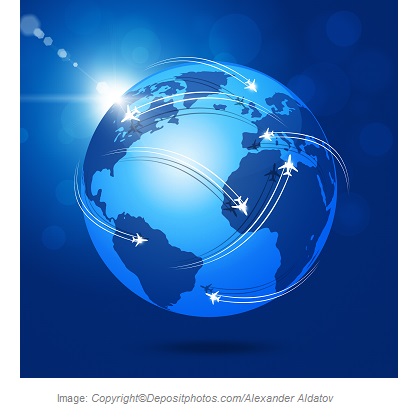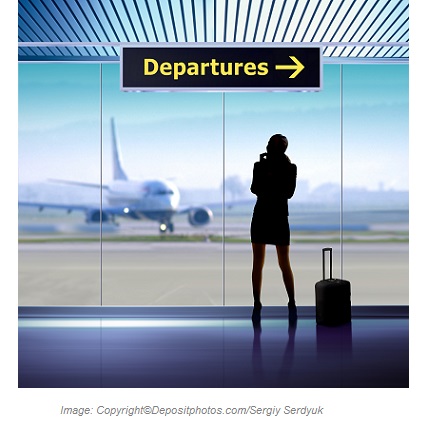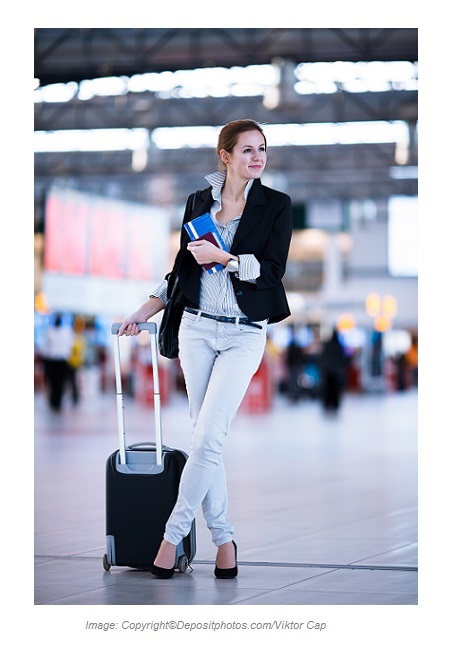Jet lag is a circadian rhythm sleep disorder caused by travelling across time zones. It is  one of the silent busters of performance in sports. Jet lag occurs due to mismatch between the body’s biological clock with that of destination. In fact, the body`s biological clock falls behind, which affects the pineal and pituitary glands in the brain, leading to disruption of sleep – wake cycle.
one of the silent busters of performance in sports. Jet lag occurs due to mismatch between the body’s biological clock with that of destination. In fact, the body`s biological clock falls behind, which affects the pineal and pituitary glands in the brain, leading to disruption of sleep – wake cycle.
Symptoms of jet lag are excessive daytime sleepiness, difficulty falling asleep, frequent awakenings, trouble remaining asleep, headaches, poor concentration, fatigue, depressed mood, and irritability. Gastrointestinal symptoms, such as constipation and diarrhea, are also common.
Social Jet Lag:
Social jet lag is a behavioural pattern experienced by many people who travel across time zones. It is when your bedtime and awakening time during weekends or days off occur 3 – 7 hours later than those of weekdays. For example, you travel from Toronto (Canada) to Madrid (Spain). After adjusting yourself, you sleep at 10: 00 PM and wake up at 7:00 AM on weekdays. Then you notice that you fall asleep at 3:00 AM and wake up at 11:00 AM on weekends. This is called “social jet lag”, which affects teenagers more than adults.
Jet Lag in Athletes:
A good night sleep is one of the triads of optimal athletic performance. Failure to adjust jet lag properly is a common reason for a poor athletic performance and it could lead to performance discrepancy disorder. You may often hear that a team or an athlete was doing well at their home countries, but they fail to demonstrate the same efficiency at the destination. This is why we call jet lag a “silent buster of athletic performance”.
Symptoms of jet lag are transient, lasting typically 2 – 12 days depending on the following factors:
- Number of time zones crossed. The more time zones you cross, the severe the symptoms, the more time to adjust.
- Direction of travel. Travelling from west to east against the sun is harder to adjust than traveling from east to west. Also traveling north to south or vice versa at the same time zone usually do not cause jet lag. You may experience only a travel fatigue.
- Athlete`s age. The younger the age, the less the symptoms, the easier to adjust. For example, a 15 years old gymnast and a 25 hockey player travel from Toronto to Istanbul. Though both athletes traveled at the same direction, the gymnast would suffer fewer symptoms and adjust easier than the hockey player.
Jet Lag Adjustment in Athletes:
If you are a professional athlete and compete at the highest level, it is highly important to properly adjust otherwise it would impede your performance. The following advices may help you set back your biological clock faster and easier.
Before Travel:
- Adjust your sleep with your destination. When traveling to East, sleep early and wake up early.
- Take a nap sleep on the afternoon before your overnight flight.
- Manage pre – competition anxiety accordingly (See “Pre – Competition Anxiety”).
During Travel:
- Hydrate your body very well during the flight.
- Avoid having alcohol and caffeine while flying
After Travel:
- Do not just remain in your hotel room. Spending more time outdoors and bright light exposure help you adjust easier.
- Follow nutritional supports.
Nutritional Supports for Jet Lag: 
There are few studies that show starving yourself for about 16 hours before a long flight or avoiding having anything during the flight (except water) and starving yourself until the breakfast time at the destination may help prevent jet lag.
The following supplements may help with jet lag:
- Melatonin:
- First night: 6 – 9 mg.
- Second night: 6 – 9 mg.
- Third night: 3 – 6 mg.
- Fourth night and afterwards: 3 mg.
- Glycine: 500 – 1000 mg at bedtime.
- 5 – HTP: 50 – 100 mg at bedtime (if you are taking melatonin, there is no need to take 5 – HTP).
- NADH: 10 – 20 mg in the morning on an empty stomach. This product improves your energy level and helps you fight travel fatigue and lassitude.
- GABA (gamma – amino butyric acid): 750 – 1500 mg at bedtime. It is an inhibitory neurotransmitter formed from glutamine. GABA has a calming effect and promotes a good sleep.
- Ashwagandha Extract: 450 – 900 mg a day. This adaptogenic herb improves stamina and symptoms of jet lag (see “Ashwagandha” under the section of “Adaptogens”).
- Eleuthero Extract (Siberian Ginseng): 300 – 600 mg a day (see “Adaptogens”).
- Valerian Root Extract: as a tablet 450 – 900 mg, or as a tincture 2 – 5 ml about 30 – 60 minutes before bedtime. It has a calming effect and promotes a restful sleep.
- A High Quality B – Complex: as per instructed. It improves energy level.

